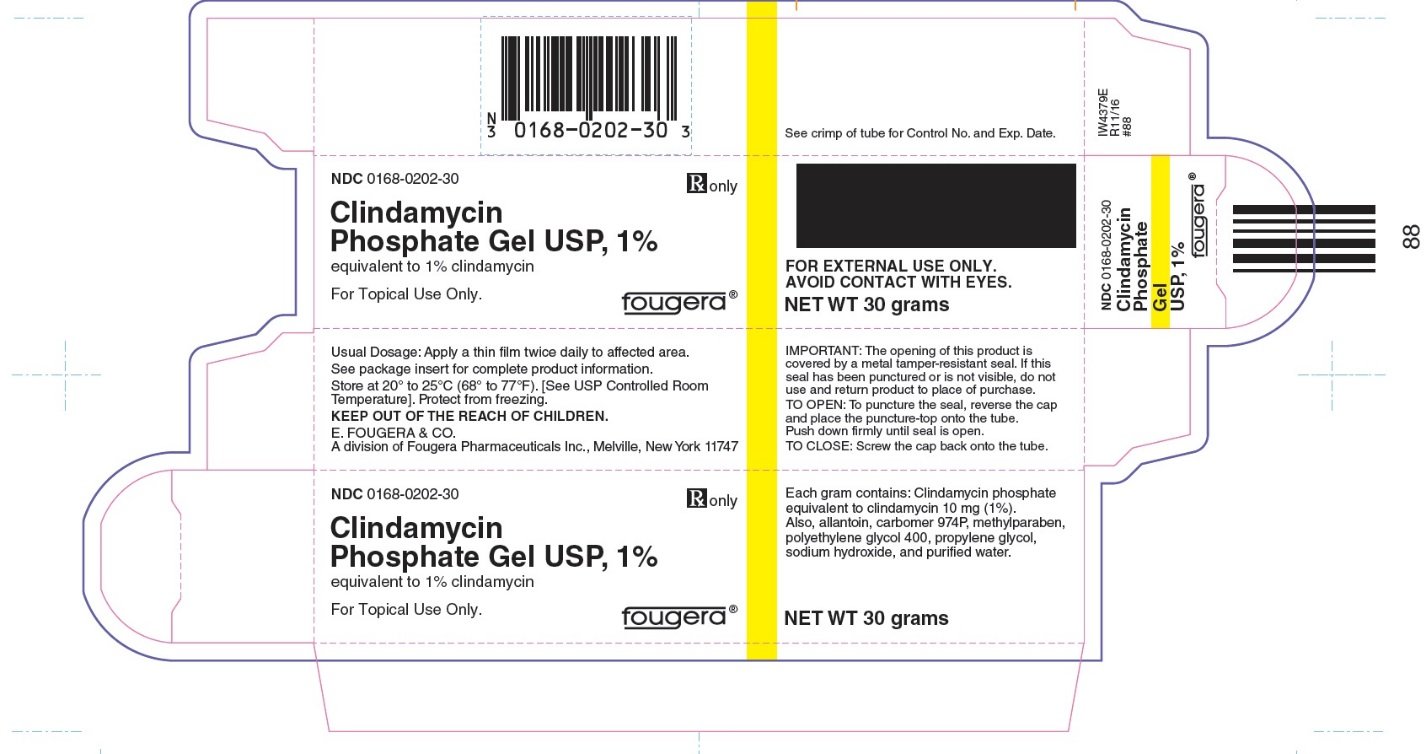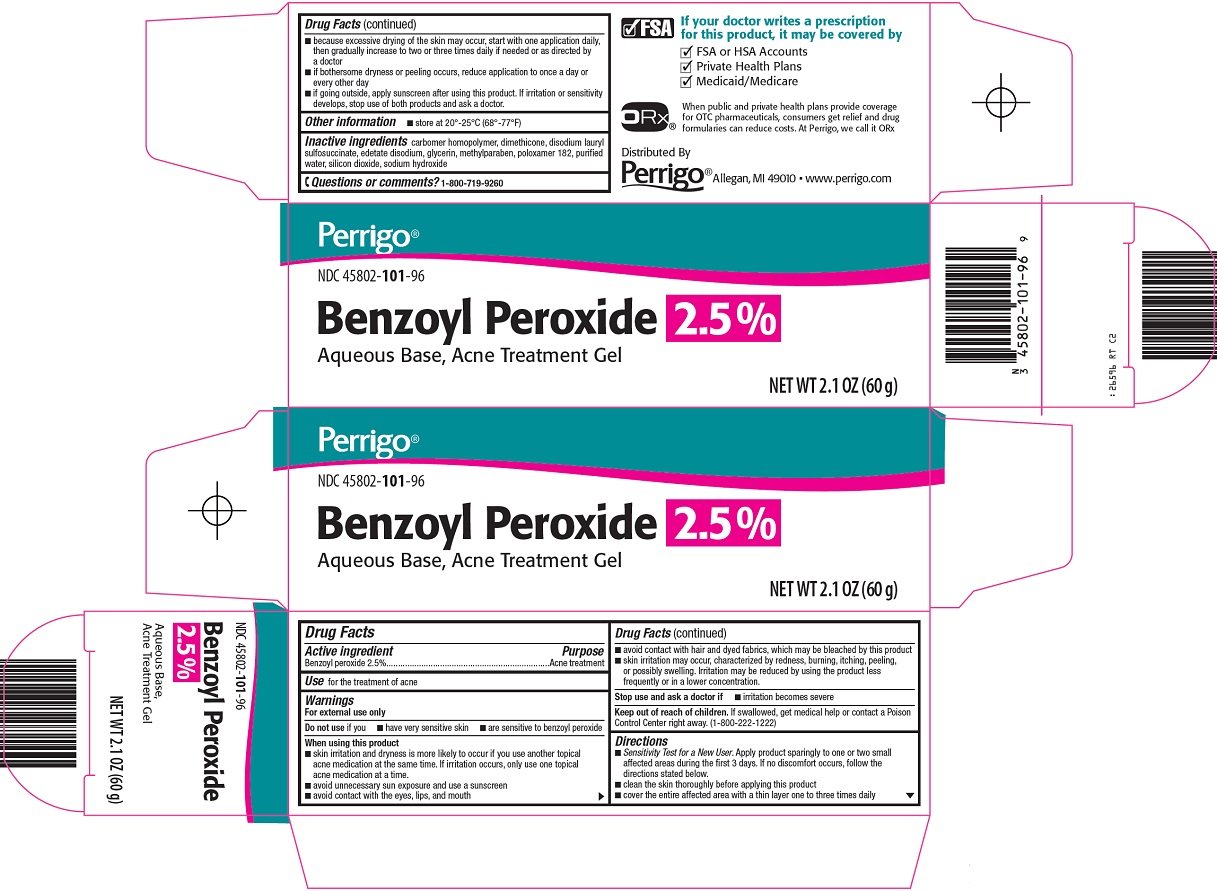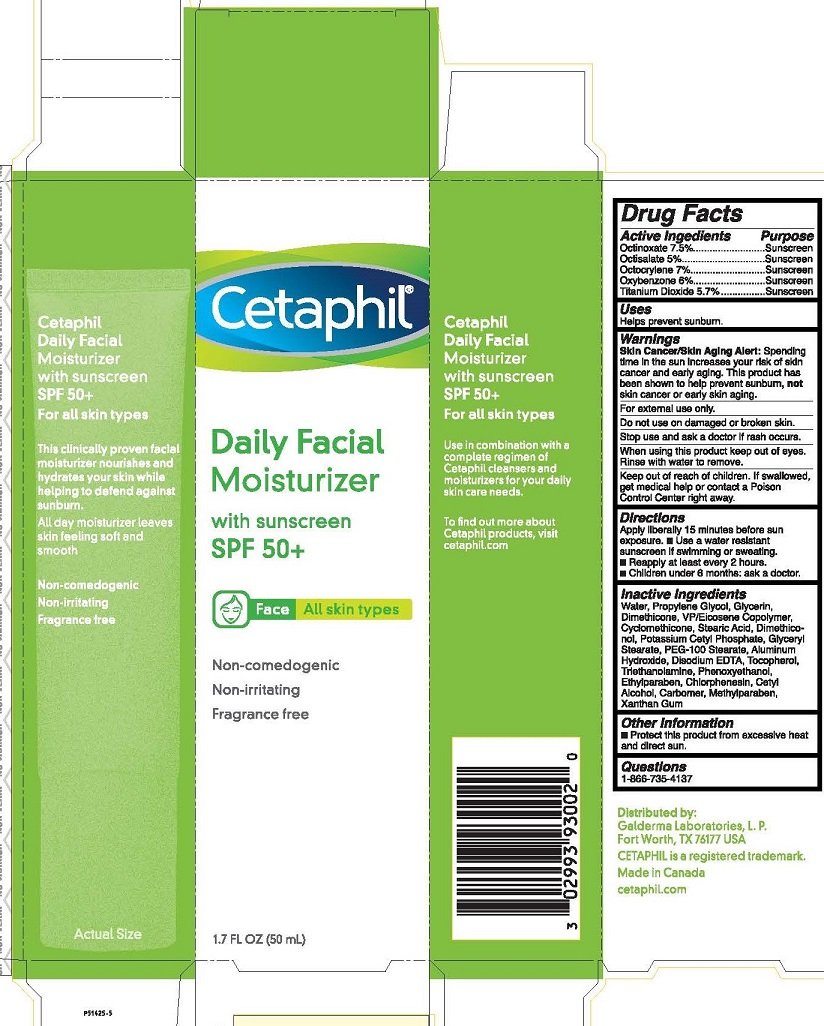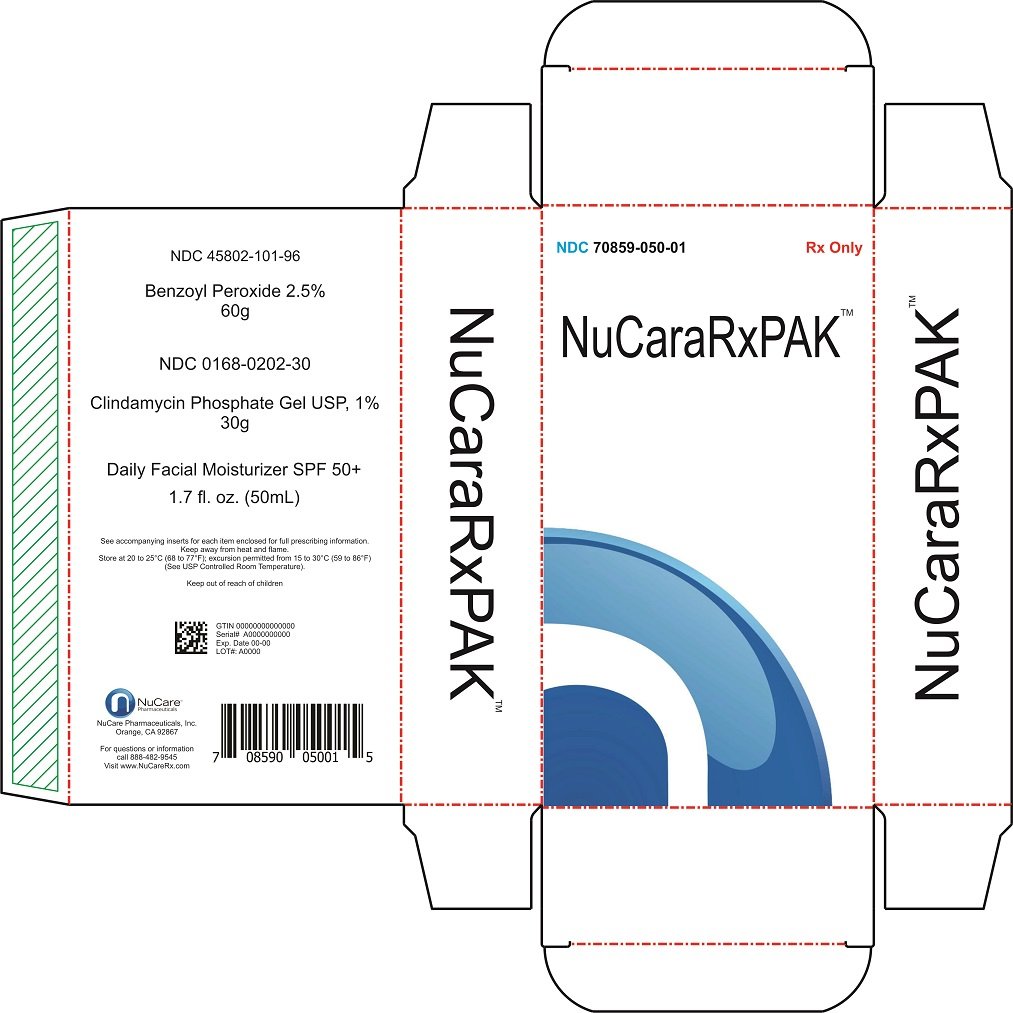NuCaraRxPAK : Package Insert / Prescribing Info
Package insert / product label
Generic name: clindamycin phosphate, benzoyl peroxide, cetaphi
Dosage form: kit
On This Page
NuCaraRxPAK Description
Clindamycin Phosphate Topical Solution and Clindamycin Phosphate Lotion (Clindamycin Phosphate Topical Suspension USP, 1%) contain clindamycin phosphate, USP, at a concentration equivalent to 10 mg clindamycin per milliliter. Clindamycin Phosphate Gel contains clindamycin phosphate, USP, at a concentration equivalent to 10 mg clindamycin per gram. Clindamycin phosphate is a water soluble ester of the semi-synthetic antibiotic produced by a 7(S)-chloro-substitution of the 7(R)-hydroxyl group of the parent antibiotic lincomycin.
The solution contains isopropyl alcohol 50% v/v, propylene glycol, and purified water.
The gel contains allantoin, carbomer 974P, methylparaben, polyethylene glycol 400, propylene glycol, sodium hydroxide, and purified water.
The lotion contains cetostearyl alcohol (2.5%); glycerin; glyceryl stearate SE (with potassium monostearate); isostearyl alcohol (2.5%); methylparaben (0.3%); sodium lauroyl sarcosinate; stearic acid; and purified water.
The structural formula is represented below:
The chemical name for clindamycin phosphate is Methyl 7-chloro-6,7,8-trideoxy-6-(1-methyl- trans-4-propyl-L-2-pyrrolidinecarboxamido)-1-thio-L- threo-α-D- galacto-octopyranoside 2-(dihydrogen phosphate).
NuCaraRxPAK - Clinical Pharmacology
Mechanism of Action
The mechanism of action of clindamycin in treating acne vulgaris is unknown.
Pharmacokinetics
Following multiple topical applications of clindamycin phosphate at a concentration equivalent to 10 mg clindamycin per mL in an isopropyl alcohol and water solution, very low levels of clindamycin are present in the serum (0 to 3 ng/mL) and less than 0.2% of the dose is recovered in urine as clindamycin.
Although clindamycin phosphate is inactive in vitro, rapid in vivo hydrolysis converts this compound to the antibacterially active clindamycin.
Microbiology
Clindamycin inhibits bacterial protein synthesis by binding to the 23S RNA of the 50S subunit of the ribosome. Clindamycin is bacteriostatic.
Antimicrobial Activity
Clindamycin is active in vitro against most isolates of Propionibacterium acnes; however, the clinical significance is unknown.
Resistance
Resistance to clindamycin is most often caused by modification of specific bases of the 23S ribosomal RNA. Cross-resistance between clindamycin and lincomycin is complete. Because the binding sites for these antibacterial drugs overlap, cross resistance is sometimes observed among lincosamides, macrolides and streptogramin B. Macrolide-inducible resistance to clindamycin occurs in some isolates of macrolide-resistant bacteria .
Indications and Usage for NuCaraRxPAK
Clindamycin Phosphate Topical Solution, Clindamycin Phosphate Gel, and Clindamycin Phosphate Lotion are indicated in the treatment of acne vulgaris. In view of the potential for diarrhea, bloody diarrhea and pseudomembranous colitis, the physician should consider whether other agents are more appropriate. (See CONTRAINDICATIONS, WARNINGS and ADVERSE REACTIONS.)
Contraindications
Clindamycin Phosphate Topical Solution, Clindamycin Phosphate Gel, and Clindamycin Phosphate Lotion are contraindicated in individuals with a history of hypersensitivity to preparations containing clindamycin or lincomycin, a history of regional enteritis or ulcerative colitis, or a history of antibiotic-associated colitis.
Warnings
Orally and parenterally administered clindamycin has been associated with severe colitis which may result in patient death. Use of the topical formulation of clindamycin results in absorption of the antibiotic from the skin surface. Diarrhea, bloody diarrhea, and colitis (including pseudomembranous colitis) have been reported with the use of topical and systemic clindamycin.
Studies indicate a toxin(s) produced by clostridia is one primary cause of antibiotic-associated colitis. The colitis is usually characterized by severe persistent diarrhea and severe abdominal cramps and may be associated with the passage of blood and mucus. Endoscopic examination may reveal pseudomembranous colitis. Stool culture for Clostridium difficile and stool assay for C. difficile toxin may be helpful diagnostically.
When significant diarrhea occurs, the drug should be discontinued. Large bowel endoscopy should be considered to establish a definitive diagnosis in cases of severe diarrhea.
Antiperistaltic agents such as opiates and diphenoxylate with atropine may prolong and/or worsen the condition. Vancomycin has been found to be effective in the treatment of antibiotic-associated pseudomembranous colitis produced by Clostridium difficile. The usual adult dosage is 500 mg to 2 grams of vancomycin orally per day in three to four divided doses administered for 7 to 10 days.
Cholestyramine or colestipol resins bind vancomycin in vitro. If both a resin and vancomycin are to be administered concurrently, it may be advisable to separate the time of administration of each drug.
Diarrhea, colitis, and pseudomembranous colitis have been observed to begin up to several weeks following cessation of oral and parenteral therapy with clindamycin.
Precautions
General:
Clindamycin Phosphate Topical Solution contains an alcohol base which will cause burning and irritation of the eye. In the event of accidental contact with sensitive surfaces (eye, abraded skin, mucous membranes), bathe with copious amounts of cool tap water. The solution has an unpleasant taste and caution should be exercised when applying medication around the mouth.
Clindamycin phosphate should be prescribed with caution in atopic individuals.
Drug Interactions:
Clindamycin has been shown to have neuromuscular blocking properties that may enhance the action of other neuromuscular blocking agents. Therefore it should be used with caution in patients receiving such agents.
Pregnancy:
Teratogenic effects
In clinical trials with pregnant women, the systemic administration of clindamycin during the second and third trimesters, has not been associated with an increased frequency of congenital abnormalities. There are no adequate studies in pregnant women during the first trimester of pregnancy. Clindamycin should be used during the first trimester of pregnancy only if clearly needed.
Nursing Mothers:
It is not known whether clindamycin is excreted in human milk following use of clindamycin phosphate. However, orally and parenterally administered clindamycin has been reported to appear in breast milk.
Clindamycin has the potential to cause adverse effects on the breastfed infant's gastrointestinal flora. If oral or intravenous clindamycin is required by a nursing mother, it is not a reason to discontinue breastfeeding, but an alternate drug may be preferred. Monitor the infant for possible adverse effects on the gastrointestinal flora, such as diarrhea, candidiasis (thrush, diaper rash) or rarely, blood in the stool indicating possible antibiotic-associated colitis.
The developmental and health benefits of breastfeeding should be considered along with the mother's clinical need for clindamycin and any potential adverse effects on the breastfed child from clindamycin or from the underlying maternal condition.
Pediatric Use:
Safety and effectiveness in pediatric patients under the age of 12 have not been established.
Geriatric Use:
Clinical studies for topical Clindamycin products did not include sufficient numbers of subjects aged 65 and over to determine whether they respond differently from younger subjects. Other reported clinical experience has not identified differences in responses between the elderly and younger patients.
Adverse Reactions/Side Effects
In 18 clinical studies of various formulations of clindamycin phosphate using placebo vehicle and/or active comparator drugs as controls, patients experienced a number of treatment emergent adverse dermatologic events [see table below].
| # not recorded | ||||||||
| * of 126 subjects | ||||||||
|
Treatment Emergent
|
Solution |
Gel |
Lotion |
|||||
|
n=553
|
(%) |
n=148 |
(%) |
n=160 |
(%) |
|||
|
Burning |
62 |
(11) |
15 |
(10) |
17 |
(11) |
||
|
Itching |
36 |
( 7) |
15 |
(10) |
17 |
(11) |
||
|
Burning/Itching |
60 |
(11) |
# |
( –) |
# |
( –) |
||
|
Dryness |
105 |
(19) |
34 |
(23) |
29 |
(18) |
||
|
Erythema |
86 |
(16) |
10 |
( 7) |
22 |
(14) |
||
|
Oiliness/Oily Skin |
8 |
( 1) |
26 |
(18) |
12* |
(10) |
||
|
Peeling |
61 |
(11) |
# |
( –) |
11 |
( 7) |
||
Orally and parenterally administered clindamycin has been associated with severe colitis which may end fatally.
Cases of diarrhea, bloody diarrhea and colitis (including pseudomembranous colitis) have been reported as adverse reactions in patients treated with oral and parenteral formulations of clindamycin and rarely with topical clindamycin. (see WARNINGS.)
Abdominal pain, gastrointestinal disturbances, gram-negative folliculitis, eye pain and contact dermatitis have also been reported in association with the use of topical formulations of clindamycin.
Overdosage
Topically applied clindamycin phosphate can be absorbed in sufficient amounts to produce systemic effects. (see WARNINGS.)
NuCaraRxPAK Dosage and Administration
Apply a thin film of Clindamycin Phosphate Topical Solution, Clindamycin Phosphate Lotion, or Clindamycin Phosphate Gel twice daily to affected area.
Lotion: Shake well immediately before using.
Keep all liquid dosage forms in containers tightly closed.
How is NuCaraRxPAK supplied
Clindamycin Phosphate Gel, USP 1% containing clindamycin phosphate equivalent to 10 mg clindamycin per gram is available in the following sizes:
30 gram tube NDC 0168-0202-30
Store at controlled room temperature 20° to 25°C (68° to 77°F) [see USP]. Protect from freezing.
Fougera
PHARMACEUTICALS INC.
E. FOUGERA & CO.
A division of Fougera Pharmaceuticals Inc.
MELVILLE, NEW YORK 11747
46206122A/46206123A
R03/18
WHEN USING THIS PRODUCT
- skin irritation and dryness is more likely to occur if you use another topical acne medication at the same time. If irritation occurs, only use one topical acne medication at a time.
- avoid unnecessary sun exposure and use a sunscreen
- avoid contact with the eyes, lips, and mouth
- avoid contact with hair and dyed fabrics, which may be bleached by this product
- skin irritation may occur, characterized by redness, burning, itching, peeling, or possibly swelling. Irritation may be reduced by using the product less frequently or in a lower concentration.
KEEP OUT OF REACH OF CHILDREN
If swallowed, get medical help or contact a Poison Control Center right away. (1-800-222-1222)
NuCaraRxPAK Dosage and Administration
- Sensitivity Test for a New User. Apply product sparingly to one or two small affected areas during the first 3 days. If no discomfort occurs, follow the directions stated below.
- clean the skin thoroughly before applying this product
- cover the entire affected area with a thin layer one to three times daily
because excessive drying of the skin may occur, start with one application daily, then gradually increase to two or three times daily if needed or as directed by a doctor
- if bothersome dryness or peeling occurs, reduce application to once a day or every other day
- if going outside, apply sunscreen after using this product. If irritation or sensitivity develops, stop use of both products and ask a doctor.
INACTIVE INGREDIENTS
- carbomer homopolymer, dimethicone, disodium lauryl sulfosuccinate, edetate disodium, glycerin, methylparaben, poloxamer 182, purified water, silicon dioxide, sodium hydroxide
ACTIVE INGREDIENTS
Octinoxate 7.5% .....Sunscreen
Octisalate 5% .....Sunscreen
Octocrylene 7% .....Sunscreen
Oxybenzone 6% .....Sunscreen
Titanium Dioxide 5.7% .....Sunscreen
Warnings
Skin Cancer/Skin Aging Alert:
Spending time in the sun increases your risk of skin cancer and early aging. This product has been shown to help prevent sunburn, not skin cancer or early aging.
For external use only.
Do not use on damaged or broken skin.
Stop use and ask a doctor if rash occurs.
When using this product keep out of eyes. Rinse with water to remove.
Keep out of reach of children. If swallowed, get medical help or contact a Poison Control Center right away.
NuCaraRxPAK Dosage and Administration
Apply liberally 15 minutes before sun exposure. • Use a water resistant sunscreen if swimming or sweating. • Reapply at least every 2 hours. • Children under 6 months: ask a doctor.
INACTIVE INGREDIENTS
Water, Propylene Glycol, Glycerin, Dimethicone, VP/Eicosene Copolymer, Cyclomethicone, Stearic Acid, Dimethiconol, Potassium Cetyl Phosphate, Glyceryl Stearate, PEG-100 Stearate, Aluminum Hydroxide, Disodium EDTA, Tocopherol, Triethanolamine, Phenoxyethanol, Ethylparaben, Chlorphenesin, Cetyl Alcohol, Carbomer, Methylparaben, Xanthan Gum
| NUCARARXPAK
clindamycin phosphate,benzoyl peroxide,cetaphil kit |
||||||||||||||||||||||||||||||||||||||||||||||||
|
||||||||||||||||||||||||||||||||||||||||||||||||
|
||||||||||||||||||||||||||||||||||||||||||||||||
|
||||||||||||||||||||||||||||||||||||||||||||||||
|
||||||||||||||||||||||||||||||||||||||||||||||||
|
||||||||||||||||||||||||||||||||||||||||||||||||
|
||||||||||||||||||||||||||||||||||||||||||||||||
|
||||||||||||||||||||||||||||||||||||||||||||||||
|
||||||||||||||||||||||||||||||||||||||||||||||||
|
||||||||||||||||||||||||||||||||||||||||||||||||
|
||||||||||||||||||||||||||||||||||||||||||||||||
|
||||||||||||||||||||||||||||||||||||||||||||||||
|
||||||||||||||||||||||||||||||||||||||||||||||||
|
||||||||||||||||||||||||||||||||||||||||||||||||
|
||||||||||||||||||||||||||||||||||||||||||||||||
|
||||||||||||||||||||||||||||||||||||||||||||||||
|
||||||||||||||||||||||||||||||||||||||||||||||||
|
||||||||||||||||||||||||||||||||||||||||||||||||
|
||||||||||||||||||||||||||||||||||||||||||||||||
|
||||||||||||||||||||||||||||||||||||||||||||||||
|
||||||||||||||||||||||||||||||||||||||||||||||||
|
||||||||||||||||||||||||||||||||||||||||||||||||
|
||||||||||||||||||||||||||||||||||||||||||||||||
| Labeler - NuCare Pharmaceuticals,Inc. (010632300) |
| Establishment | |||
| Name | Address | ID/FEI | Business Operations |
|---|---|---|---|
| NuCare Pharmaceuticals,Inc. | 010632300 | manufacture(70859-050) | |





